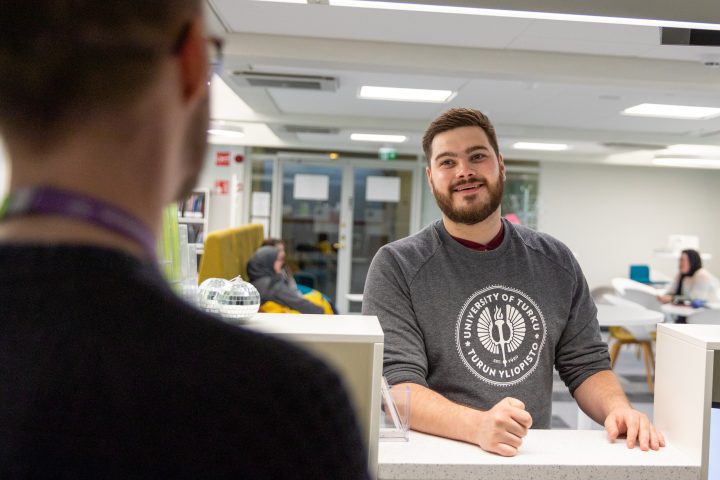From ‘intercultural-washing’ to meaningful intercultural education: Revisiting higher education practice
This special issue in Journal of Praxis in Higher Education addresses the paradoxical situation of intercultural education at tertiary level: although intercultural communication is increasingly put to the forefront by higher education institutions, teaching practices often lag behind.
Why a special issue on critical intercultural education at tertiary level?
Intercultural communication is everywhere but the increase attention it receives doesn’t always mean the term is well understood or well applied. In fact, there is often a gap between the latest theoretical developments in intercultural communication and the way the term is used by higher education institutions. In our introduction to the special issue, we qualify the spotlight put on intercultural communication by many higher education institutions as ‘intercultural-washing’. These are institutional discourses that often convey misleading impressions regarding the importance placed on interculturality. For instance, we argue that there may not be enough structural and financial support to implement intercultural education in a meaningful (i.e. socially relevant and theoretically sound) manner.
The contents of the special issue
The special issue includes an introduction, one invited opinion paper and seven empirical and theoretical articles. All of the contributions address the complexity and contradictions of the current situation: the mismatch between discourses and practices but also the mismatch between intercultural-washing discourses and the latest intercultural theory. Most articles propose concrete ways of bridging these gaps, often drawing on the authors’ own pedagogical experiences.
For instance in her article, Katri Jokikokko (University of Oulu), Adjunct Professor at the Department of Teacher Education, offers a conceptual framework to (re)think intercultural education in higher education. The article underlines institutional racism and discrimination, monolingual higher education policies, and neoliberal educational agendas as preventing us from creating a genuinely intercultural higher education learning community. Jokikokko concludes her article with a set of insightful questions to help us evaluate the place given to interculturality in higher education institutions— and therefore help us move from ‘intercultural-washing’ to meaningful intercultural education. Among these questions are: “How do social justice and equity guide the policies and practices of my institution?”, “Whose interests am I serving in my work?” or “How diverse are the knowledge bases and learning and evaluation methods in my work?”
Who is this special issue intended for?
Most universities have included intercultural communication, internationalization and other related buzz words into their curricula and communication strategies. Incentives to incorporate interculturality into course materials and curricula are not limited to a few courses anymore, they often concern universities as a whole. For this reason, this special issue is relevant to all of us working at universities. It might be particularly relevant to faculty members who have not been trained in intercultural communication and are now struggling to incorporate these topics into their teaching practices. Moreover, people working in international services as well as university decision makers who, for instance, develop university strategy or language policy, might benefit from reading our special issue.
Key takeaways of the special issue:
The special issue points to the limitations of ‘intercultural-washing’ discourses but also how to move away from them. Each contribution offers concrete insights into what is possible to do at our level when teaching, the challenges that may be faced, and how to keep moving forward. Things can be done differently, regardless of the context (e.g. supervision, language education, engineering course), but time and support are essential.
By Mélodine Sommier, University of Jyväskylä,Malgorzata Lahti, University of Jyväskylä, Anssi Roiha, University of Turku
